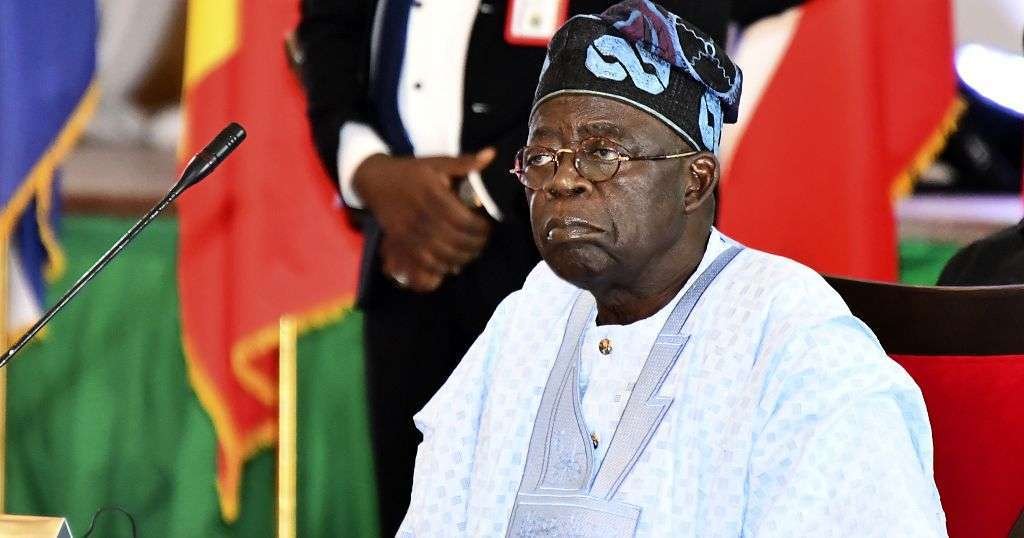Abuja, Nigeria – (African Boulevard News) – Nigeria has recently unveiled its highly anticipated 2024 budget, which aims to address the economic challenges the country has been facing. With the hope of boosting growth and combating double-digit inflation, the government has proposed a budget of ₦16.39 trillion ($39.6 billion), marking a 26% increase from the previous year.
Investing in key sectors such as infrastructure development, healthcare, education, and security, the budget demonstrates Nigeria’s determination to overcome the obstacles hindering its economic progress. The government aims to stimulate growth and create employment opportunities for its citizens, ultimately improving the standard of living.
In a bid to tackle inflation, the Central Bank of Nigeria has raised interest rates significantly since 2016. According to industry experts, this move has contributed to stabilizing the economy and reducing the impact of rising prices on consumers. However, the government recognizes the need for a comprehensive approach, combining strict monetary policy with a well-planned fiscal strategy.
The proposed budget allocates a substantial portion to infrastructure development, as Nigeria seeks to address its deficient transport networks and power supply systems. By investing in these sectors, the government aims to attract foreign direct investment (FDI) and create an enabling environment for businesses to thrive. This move will not only improve the efficiency of the economy but also enhance connectivity within the country, fostering regional integration and socioeconomic development.
Recognizing the importance of healthcare in achieving sustainable development, the government has allocated a significant portion of the budget to the health sector. This includes investments in the procurement of medical equipment, vaccine production, and capacity building for healthcare professionals. By improving healthcare infrastructure and accessibility, the government hopes to provide quality healthcare services to its citizens, ultimately reducing the burden of disease and improving overall well-being.
The education sector has also received considerable attention in the proposed budget. With a focus on primary, secondary, and tertiary education, the government aims to bridge the educational gap and empower the youth with knowledge and skills. By investing in education, Nigeria aims to cultivate a knowledgeable and skilled workforce that can drive economic growth and innovation.
Security remains a priority for the Nigerian government, as it seeks to combat insurgency and protect its citizens. The proposed budget includes provisions for strengthening law enforcement agencies, equipping them with the necessary tools and resources to maintain peace and stability across the nation.
In a statement, Finance Minister Ahmed Zainab commended the budget, stating, “We believe that the proposed budget will go a long way in revitalizing the economy and creating an enabling environment for businesses to thrive.”
The unveiling of Nigeria’s 2024 budget signifies the government’s commitment to addressing the economic challenges faced by the nation. By prioritizing infrastructure development, healthcare, education, and security, Nigeria aims to boost economic growth, reduce inflation, and improve the overall well-being of its citizens. As the budget is implemented, all eyes will be on Nigeria, waiting to witness the impact of these investments on the country’s future.

